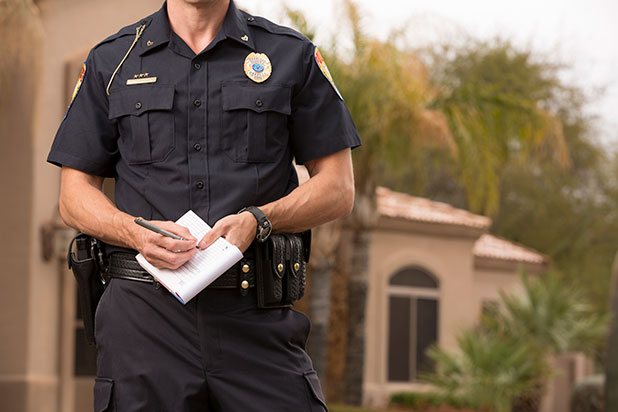

Among all categories of records, requests for police records tend to be the most complex to analyze, for two reasons. First, law enforcement handles a potentially infinite number of different situations, which can implicate disparate and unrelated exceptions. Second, the law is constantly changing.
The general rule for police records is the same as for all records that can be requested through OPRA. Records held by police are subject to disclosure, unless exempt, but some exemptions are rather broad. Let’s start by reviewing some categories of records that are, for the most part, disclosable.
911 Calls: Calls to 911 call centers are generally public, but specific portions of calls may have to be redacted if they are exempt for privacy reasons.
Summons and Complaints: Criminal complaints are generally public. These are called CDR-1 or CDR-2 forms. The complaints are public even if the public agency must retrieve copies from a database maintained by the Judiciary. If a local police department generated the complaint, they must retrieve it, even if they must utilize a database not maintained by the police. Public summons and complaints include ordinance violations and traffic stops (including DWI). If a juvenile is involved, the records may be exempt from disclosure pursuant to statute.
Accident Reports: Accident reports, by statute, are always public records and must be disclosed, even if they relate to or are part of a criminal investigation, and even if juveniles are involved.
Use of Force Reports: Use of force reports are treated almost the same as accident reports, they must always be released, although some redactions may be necessary (for day and month of birth of the subject or the personally identifiable information of a juvenile).
Investigation Reports: Reports regarding investigations usually reflect information gathered by investigating personnel, frequently in the form of a narrative. Whether an investigation report is public depends on the circumstances of the investigation. In general, criminal investigation reports constitute exempt criminal investigatory records, and civil investigation reports constitute public records.
Information About a Crime or Arrest: A significant exception to the “criminal investigatory records” exception we discussed immediately above is information that is required to be disclosed to the public pursuant to N.J.S.A. 47:1A-3(b), which is sometimes called “3(b) information.” 3(b) requires public agencies to disclose the nature of crimes that have occurred, the type of weapon, the location, the names of the persons arrested and their pedigree information, the names and pedigree information of the victims, the charges, bail, and related information. Police may withhold this information if doing so would be harmful to the public interest, but the reason for withholding such information must be specific to the case; generic reasons or reasons that would apply to any or every investigation would not suffice.
Computer-Aided Dispatch Reports (“CAD Reports”): CAD Reports are similar to investigation reports. CAD Reports that show activity related to a criminal investigation are likely exempt. CAD Reports that relate to all other matters (civil, traffic stops, response to an emotionally disturbed person).
Audio and Video Recordings: Recordings are treated differently, depending on both the circumstances and the medium. Body-worn camera recordings are never exempt as criminal investigatory records; however, such recordings or portions of them may be exempt under other exceptions, such as privacy (for example, if the video captures the interior of a home). Dash-cam video recordings are public, unless they relate to a criminal investigation. Security video is always exempt under OPRA.
This is a general discussion of police records; whether any specific record is subject to disclosure under OPRA or the common law right of access depends on the facts of each individual case.
Anyone who has been denied access to records or has questions about access to public records should contact Cohn Lifland to discuss their options. The statute of limitations to file a denial of access complaint in Superior Court is 45 days after the date of the denial, so it is important to act quickly.